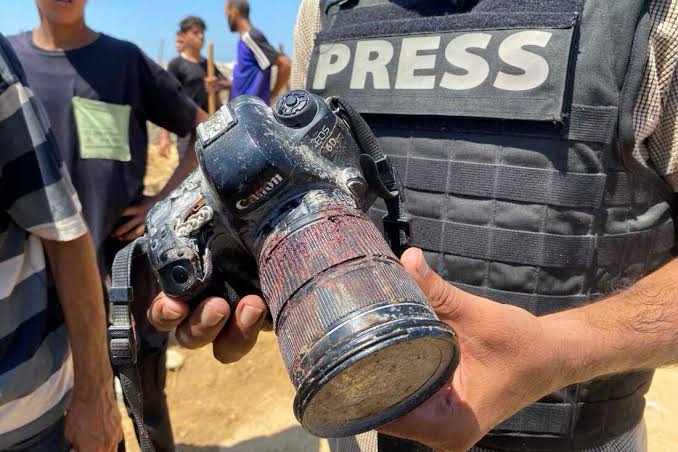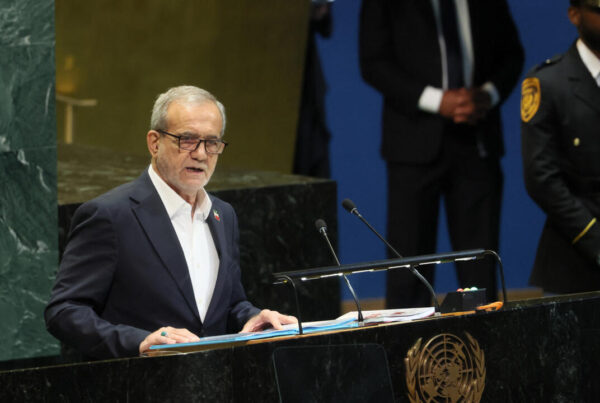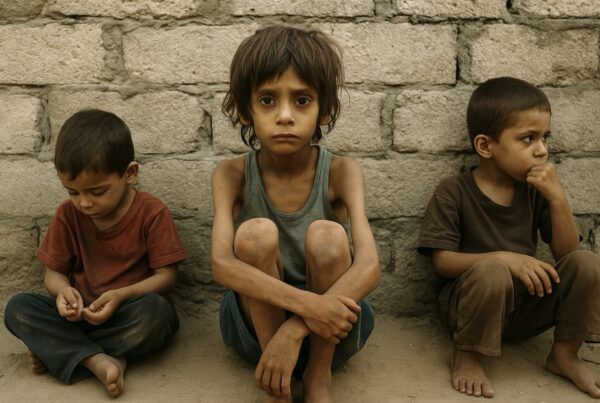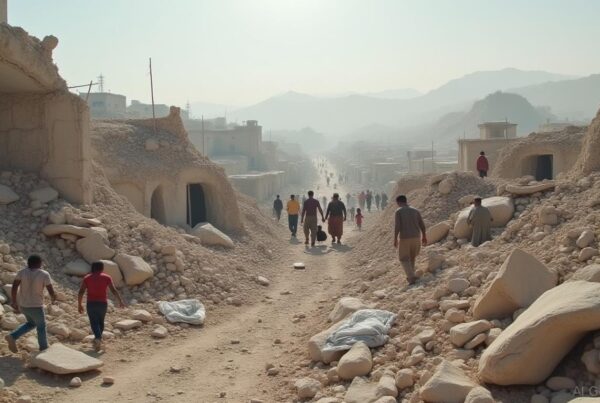An Israeli airstrike on August 25, 2025 once again shook Gaza. The Nasser hospital, which had been a hub for emergency medical response, turned into the scene of tragedy. At least 20 people were killed, including five journalists covering the aftermath of previous strikes inside the complex. The incident immediately sparked global outrage, especially from the Palestinian National Council (PNC), which denounced the killing of journalists as a deliberate war crime.
Timeline of the Gaza Strikes
In the morning, Israeli fighter jets launched a direct strike on the Nasser Medical Complex. The explosion hit an area filled with patients, families of victims, and local journalists documenting the destruction. Five reporters were killed instantly, while several others sustained serious injuries. The death toll climbed to twenty.
Hours later, as medical teams and volunteers rushed to evacuate the victims, a second strike hit the same location. This pattern, known as a “double tap strike,” deliberately targets rescuers and eyewitnesses by striking again after the initial attack. The second strike killed more first responders and volunteers, plunging the hospital into chaos and exposing the extreme risks faced by both humanitarian workers and journalists in Gaza.
Strong Statement from PNC
Later that afternoon, PNC President Rawhi Fattouh issued an official statement strongly condemning Israel’s actions. He declared that the killings of journalists were not isolated incidents but part of a systematic policy to silence witnesses. According to PNC data, more than 244 journalists have been killed since the beginning of the Israeli offensive, making it the deadliest toll against the press in modern conflict history.
Fattouh described the strikes as an act of genocide and ethnic cleansing carried out in a calculated manner. He emphasized that international law, specifically Article 79 of Additional Protocol I to the Geneva Conventions, grants special protection to journalists in war zones. For this reason, the PNC urged the global community to act immediately and hold Israel accountable for these grave violations.
International Calls to Protect Journalists
In addition to the PNC, the Palestinian Journalists’ Syndicate (PJS) issued its own strong condemnation. The group accused Israel of committing systematic war crimes against the press. PJS argued that targeting reporters was not collateral damage but a deliberate strategy to erase documentation and block global access to information.
Human rights organizations echoed these concerns, urging bodies such as UNESCO and the International Federation of Journalists to step in. They called for stronger protective mechanisms for journalists, especially those reporting from protracted conflict zones like Gaza. Without such measures, attacks on the press could set a dangerous precedent that undermines press freedom worldwide.
Impact on Global Press Freedom
The tragedy in Gaza reverberates beyond the conflict zone. It raises urgent questions about the future of press freedom in war zones. Journalists, who serve as the frontline messengers of truth, now stand among the most vulnerable. Without their presence, facts from the ground risk being lost, replaced by one-sided narratives controlled by armed powers.
On the global stage, the mass killing of journalists demands attention from the United Nations Security Council and international legal institutions. The strike on Nasser Hospital symbolizes how modern warfare often aims not only at physical targets but also at truth itself. The world is challenged to respond decisively when those who report reality are silenced by force.
Public and Media Reactions
The incident has fueled solidarity across borders. Hashtags like #ProtectJournalists and #GazaUnderAttack have trended widely, reflecting international outrage. Major news outlets dedicated special coverage to the deaths of the five journalists, underscoring that press freedom cannot be separated from humanitarian protection.
Meanwhile, global journalist associations are mobilizing support for an independent international investigation. The push aims to pressure Israel into accountability and open a path toward international justice. Yet, the road remains difficult given the complex political dynamics surrounding the conflict.
The Israeli strike on Nasser Hospital that killed five journalists on August 25, 2025 now stands as one of the gravest attacks on press freedom. The PNC’s declaration of the incident as a war crime sends a clear signal that the world can no longer look away. Every bullet fired at a journalist is also an assault on truth itself. The international community is being called upon to act, not just to demand justice, but to protect those who risk their lives daily to bring facts to light.




